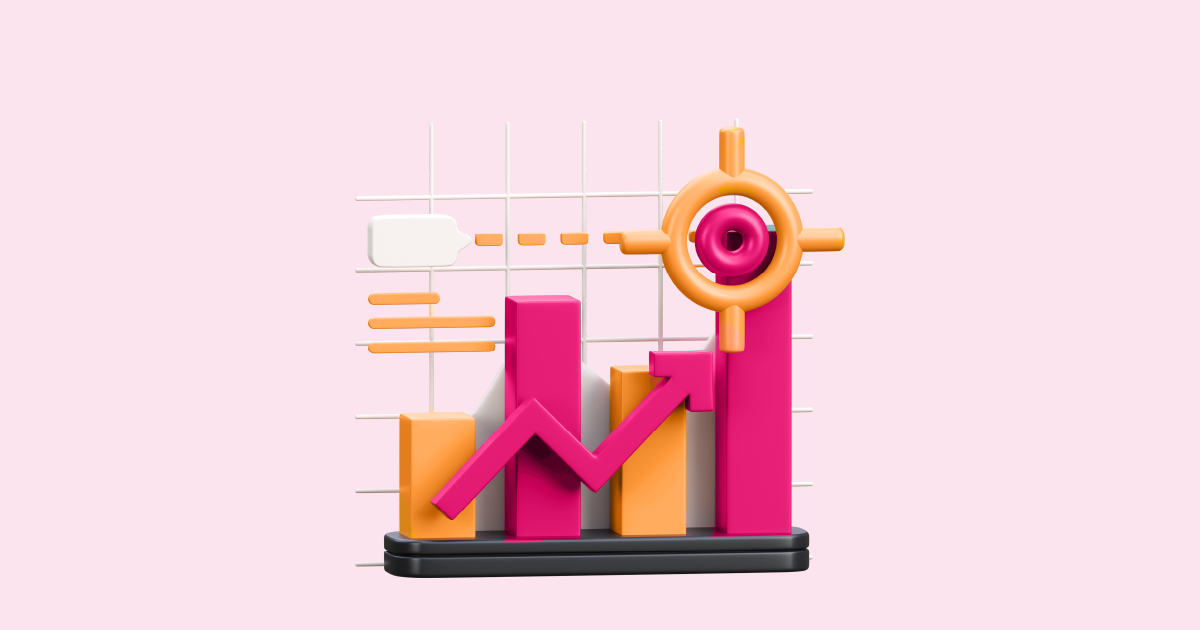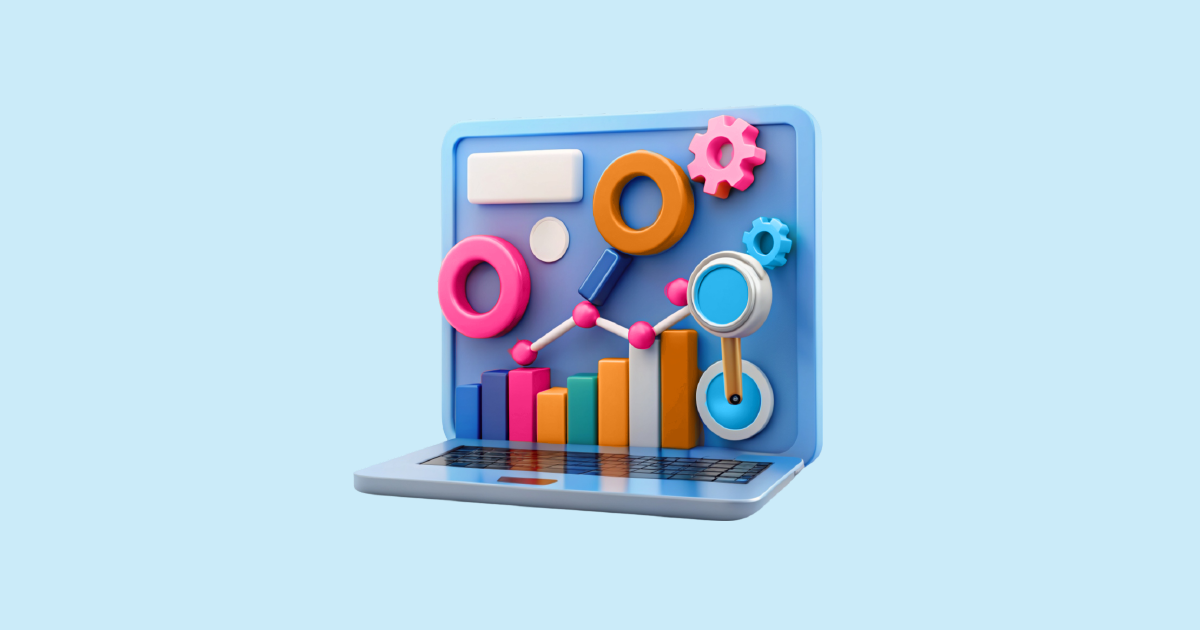Social media campaigns are a cornerstone of modern marketing strategies. But running a campaign is just half the battle—knowing how well it performed is what sets successful marketers apart. That’s where a social media campaign analysis report comes in. This report is not just a summary of likes and shares; it’s a comprehensive analysis that reveals whether your campaign hit the mark or missed the target. Let’s dive into the ins and outs of creating and interpreting a report that’ll help you make smarter decisions in your future campaigns.
What is a Social Media Campaign Analysis Report?

A social media campaign analysis report is essentially a detailed breakdown of how a campaign performed across various platforms. This document assesses everything from engagement rates to return on investment (ROI), helping you understand what worked and what didn’t. It’s like a report card for your social media efforts, giving you the data you need to optimize future campaigns.
Key Elements of an Analysis Report:
- Overview of campaign goals
- Performance metrics like reach, engagement, and clicks
- Demographic breakdown of the audience
- Insights on sentiment and user behavior
- Visual data like graphs and charts
Why Social Media Campaign Analysis is Essential?
Social media moves fast, and without proper analysis, your campaign could get lost in the shuffle. By thoroughly analyzing your efforts, you can pinpoint what resonates with your audience and what falls flat. Think of it as a way to sharpen your strategy, boost ROI, and make data-driven decisions that enhance future campaigns.
Benefits of Campaign Analysis:
- Improved decision-making: With concrete data, you can tweak future campaigns to perform even better.
- Enhanced audience targeting: Learn more about your audience’s preferences and tailor content to their needs.
- Better budget allocation: Identify which platforms and strategies bring the best returns.
Components of a Social Media Campaign Analysis Report
Every good analysis report starts with an overview of your campaign objectives. Whether your goal was brand awareness, lead generation, or conversions, having a clear starting point makes it easier to measure success.
Metrics to Track Success:
- Reach: How many people saw your posts?
- Impressions: How often did your content appear?
- Engagement: How many likes, shares, comments, and clicks did you get?
- Conversions: How many leads or sales came from the campaign?
How to Measure Social Media Campaign Performance
When it comes to performance, it’s all about the numbers. The best way to measure a campaign’s success is by setting clear Key Performance Indicators (KPIs). These can vary depending on your goals, but some common KPIs include engagement rate, click-through rate (CTR), and conversion rate.
Common KPIs:
- Engagement rate (likes, shares, comments)
- Click-through rate (CTR)
- Conversion rate (leads or sales generated)
Analyzing Audience Behavior
One of the most powerful aspects of social media is its ability to provide detailed insights into your audience. Understanding who interacted with your campaign can help you create even more targeted content in the future.
Audience Demographics:
- Age, gender, and location breakdowns
- Interests and online behavior
By analyzing these elements, you can better understand what type of content your audience enjoys and how to engage them more effectively.
Tracking Social Media Reach and Impressions
While engagement metrics are vital, reach and impressions also play a critical role. Reach refers to how many unique users saw your post, while impressions count how many times it was viewed in total.
Tools to Track Reach and Impressions:
- Google Analytics
- Sprout Social
- Hootsuite
Engagement Analysis
When it comes to social media, engagement is king. It’s not just about posting content; it’s about sparking conversations and getting people to interact with your brand. High engagement means people are actively involved with your content.
Metrics to Monitor:
- Likes and reactions
- Comments and shares
- Mentions and hashtags
Sentiment Analysis
Sentiment analysis goes beyond the numbers and looks at how people feel about your campaign. Are the comments mostly positive, negative, or neutral? Understanding sentiment helps you gauge the emotional impact of your campaign.
Tools for Sentiment Tracking:
Return on Investment (ROI) in Social Media Campaigns
ROI is the ultimate measure of success. It tells you how much you earned versus how much you spent. Calculating ROI involves looking at the overall revenue generated by the campaign and comparing it to your marketing expenses.
Calculating ROI:
- Subtract your campaign costs from the revenue.
- Divide that number by the campaign cost.
- Multiply by 100 to get your percentage.
The Role of Social Media Analytics Tools
Without the right tools, creating a social media analysis report can feel overwhelming. Luckily, there are plenty of analytics tools that simplify the process by gathering data across multiple platforms.
Top Analytics Tools:
- Google Analytics
- Sprout Social
- Buffer
Competitor Analysis in Social Media Campaigns
Want to know how you stack up against your competitors? A competitor analysis helps you see what’s working for others in your industry and what opportunities you might be missing.
Tools for Competitor Analysis:
Visual Representation of Data
Sometimes, numbers alone aren’t enough. Visuals like charts and graphs make your data more digestible and help communicate your findings more effectively. After all, seeing is believing, right?
Challenges
Social media analysis comes with its fair share of challenges. From data overload to constantly changing algorithms, marketers must be prepared to adapt.
Overcoming Challenges:
- Use automated tools to handle data
- Stay updated with the latest trends and algorithm changes
Conclusion
A social media campaign analysis report is a critical tool in the modern marketer’s arsenal. By taking a close look at what worked and what didn’t, you can make data-driven decisions that propel your future campaigns to new heights. Whether you’re tracking engagement, reach, or ROI, understanding your campaign’s performance is key to long-term success.
Want to see how these insights can take your campaigns to the next level? Request a demo from AIM Technologies today and discover how our advanced analytics tools can help you optimize your social media strategies for even better results!




